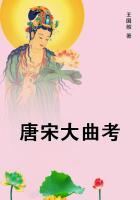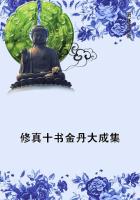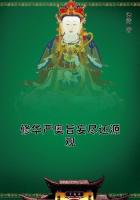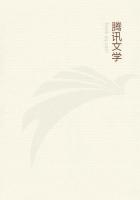August 15th.--Cold, cloudy, windy, wet. Here we are, in the midst of the dog-days, clustering merrily round the warm hearth like so many crickets, instead of chirruping in the green fields like that other merry insect the grasshopper; shivering under the influence of the Jupiter Pluvius of England, the watery St. Swithin; peering at that scarce personage the sun, when he happens to make his appearance, as intently as astronomers look after a comet, or the common people stare at a balloon; exclaiming against the cold weather, just as we used to exclaim against the warm. 'What a change from last year!' is the first sentence you hear, go where you may. Everybody remarks it, and everybody complains of it; and yet in my mind it has its advantages, or at least its compensations, as everything in nature has, if we would only take the trouble to seek for them.
Last year, in spite of the love which we are now pleased to profess towards that ardent luminary, not one of the sun's numerous admirers had courage to look him in the face: there was no bearing the world till he had said 'Good-night' to it. Then we might stir: then we began to wake and to live. All day long we languished under his influence in a strange dreaminess, too hot to work, too hot to read, too hot to write, too hot even to talk; sitting hour after hour in a green arbour, embowered in leafiness, letting thought and fancy float as they would. Those day-dreams were pretty things in their way; there is no denying that. But then, if one half of the world were to dream through a whole summer, like the sleeping Beauty in the wood, what would become of the other?
The only office requiring the slightest exertion, which I performed in that warm weather, was watering my flowers. Common sympathy called for that labour. The poor things withered, and faded, and pined away; they almost, so to say, panted for draught. Moreover, if I had not watered them myself, I suspect that no one else would; for water last year was nearly as precious hereabout as wine. Our land-springs were dried up; our wells were exhausted; our deep ponds were dwindling into mud; and geese, and ducks, and pigs, and laundresses, used to look with a jealous and suspicious eye on the few and scanty half-buckets of that impure element, which my trusty lacquey was fain to filch for my poor geraniums and campanulas and tuberoses. We were forced to smuggle them in through my faithful adherent's territories, the stable, to avoid lectures within doors and at last even that resource failed; my garden, my blooming garden, the joy of my eyes, was forced to go waterless like its neighbours, and became shrivelled, scorched, and sunburnt, like them. It really went to my heart to look at it.
On the other side of the house matters were still worse. What a dusty world it was, when about sunset we became cool enough to creep into it! Flowers in the court looking fit for a 'hortus siccus;' mummies of plants, dried as in an oven; hollyhocks, once pink, turned into Quakers; cloves smelling of dust. Oh, dusty world! May herself looked of that complexion; so did Lizzy; so did all the houses, windows, chickens, children, trees, and pigs in the village; so above all did the shoes. No foot could make three plunges into that abyss of pulverised gravel, which had the impudence to call itself a hard road, without being clothed with a coat a quarter of an inch thick. Woe to white gowns! woe to black! Drab was your only wear.
Then, when we were out of the street, what a toil it was to mount the hill, climbing with weary steps and slow upon the brown turf by the wayside, slippery, hot, and hard as a rock! And then if we happened to meet a carriage coming along the middle of the road,--the bottomless middle,--what a sandy whirlwind it was! What choking! what suffocation! No state could be more pitiable, except indeed that of the travellers who carried this misery about with them. I shall never forget the plight in which we met the coach one evening in last August, full an hour after its time, steeds and driver, carriage and passengers, all one dust. The outsides, and the horses, and the coachman, seemed reduced to a torpid quietness, the resignation of despair. They had left off trying to better their condition, and taken refuge in a wise and patient hopelessness, bent to endure in silence the extremity of ill. The six insides, on the contrary, were still fighting against their fate, vainly struggling to ameliorate their hapless destiny. They were visibly grumbling at the weather, scolding at the dust, and heating themselves like a furnace, by striving against the heat.
How well I remember the fat gentleman without his coat, who was wiping his forehead, heaving up his wig, and certainly uttering that English ejaculation, which, to our national reproach, is the phrase of our language best known on the continent. And that poor boy, red-hot, all in a flame, whose mamma, having divested her own person of all superfluous apparel, was trying to relieve his sufferings by the removal of his neckerchief--an operation which he resisted with all his might. How perfectly I remember him, as well as the pale girl who sat opposite, fanning herself with her bonnet into an absolute fever! They vanished after a while into their own dust; but I have them all before my eyes at this moment, a companion picture to Hogarth's 'Afternoon,' a standing lesson to the grumblers at cold summers.















